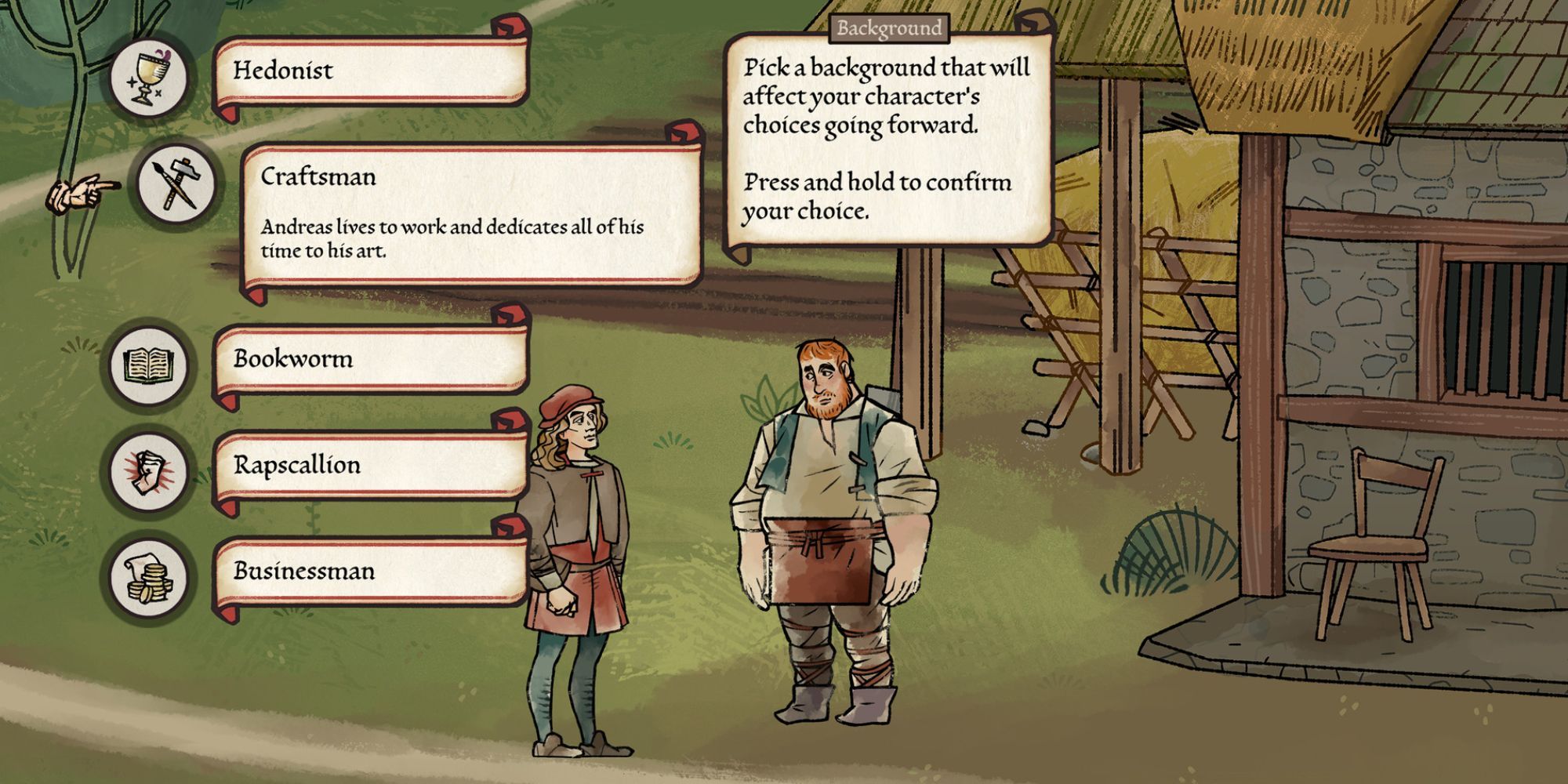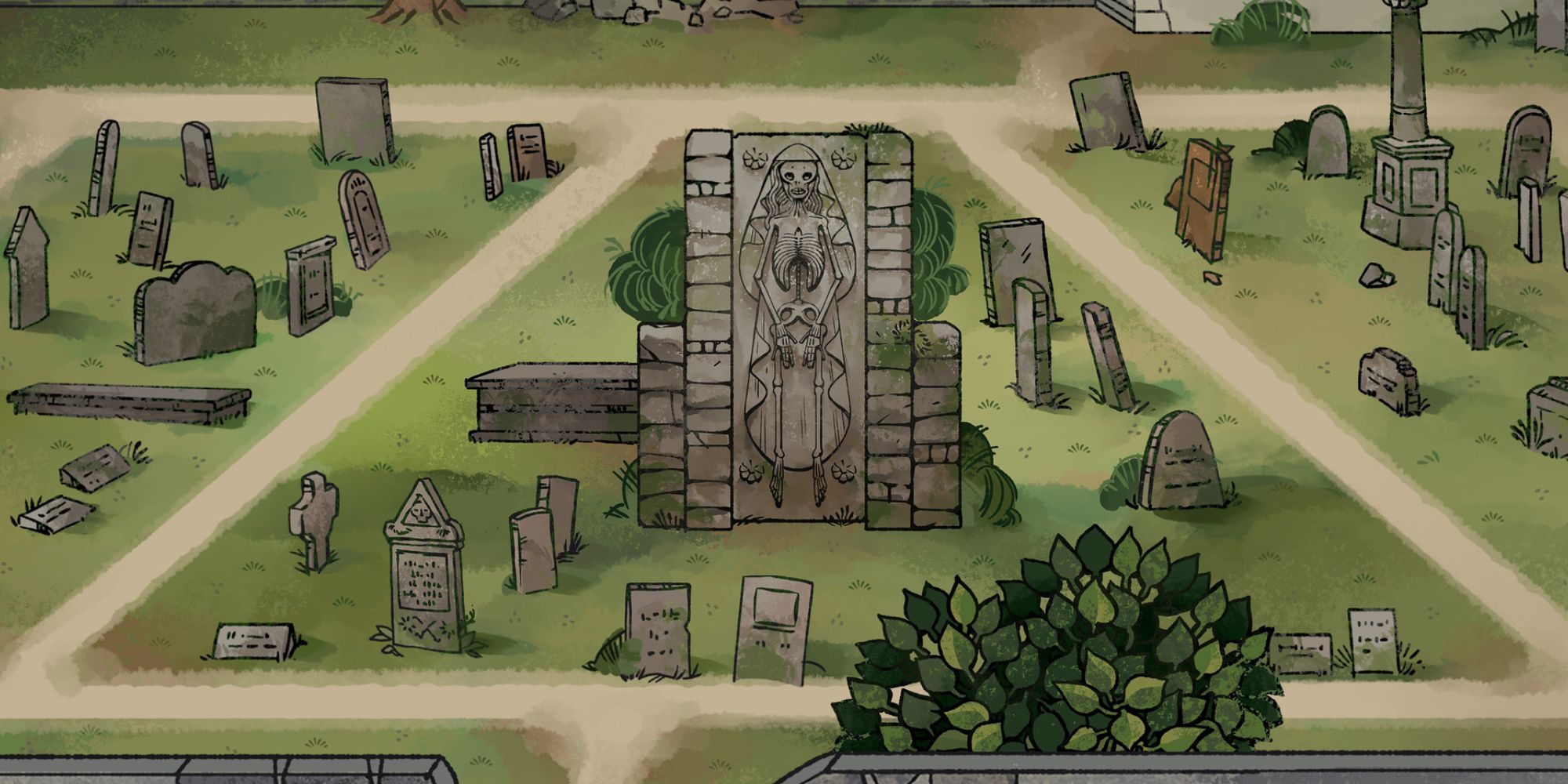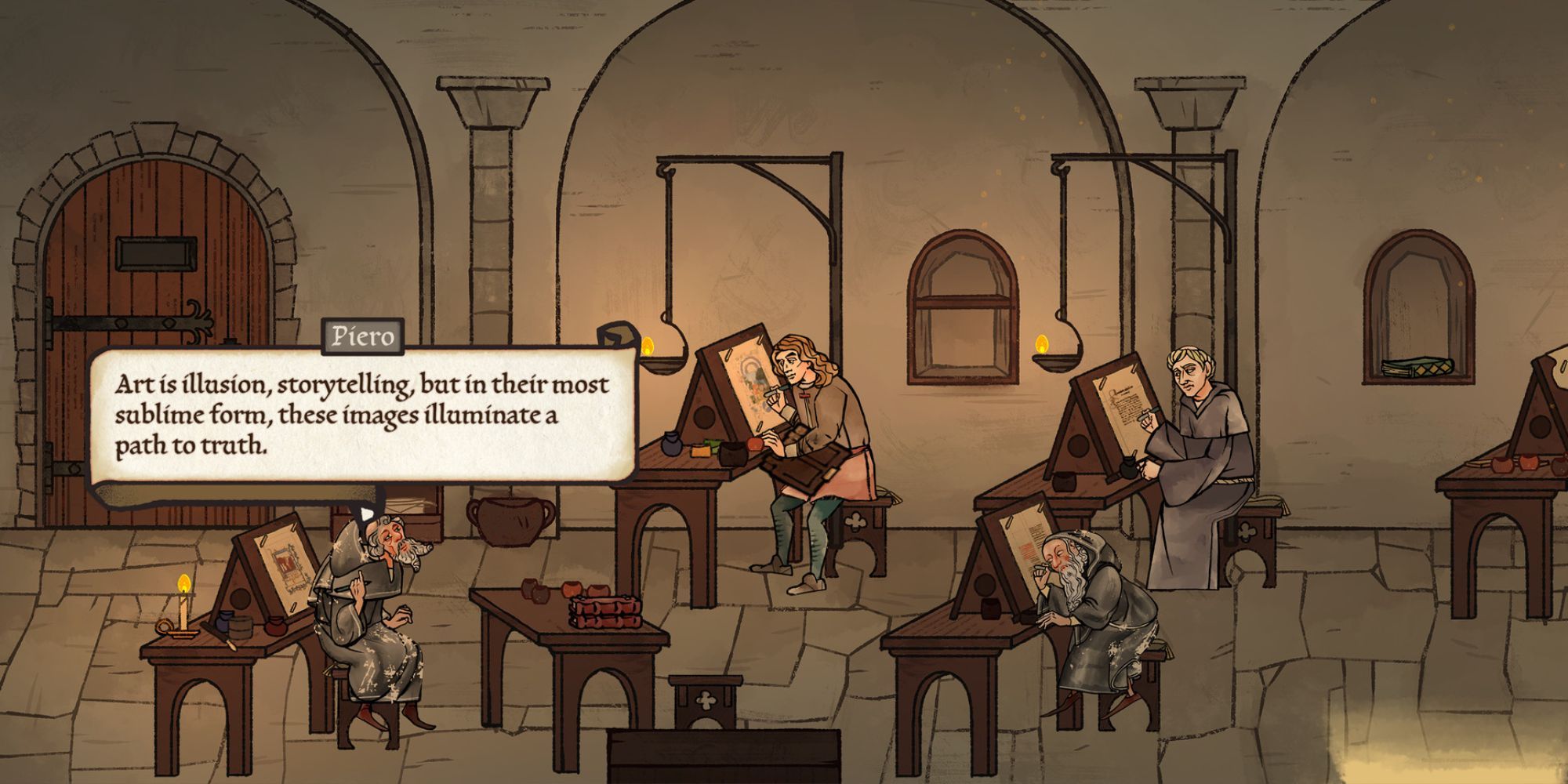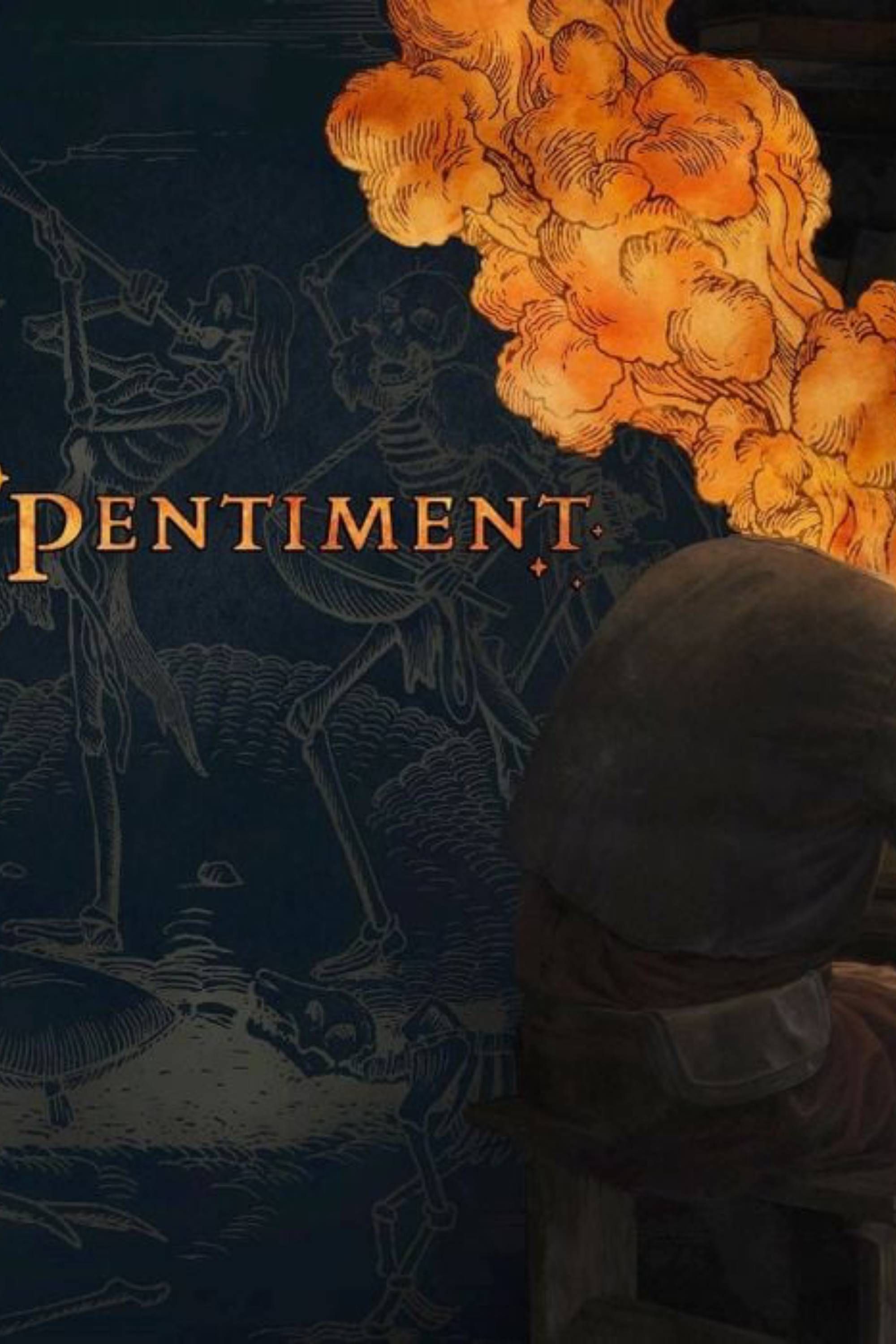|
Our Score |
9.5/10 |
|
The Good |
Expertly crafted world, narrative and characters |
|
The Bad |
N/A |
|
Release Date |
November 15 2022 |
|
Developed By |
Obsidian Entertainment |
|
Available On |
Xbox One, Xbox Series X/S, PC |
|
Reviewed On |
PC |
The latest title from Obsidian Entertainment stands firmly in the narrative genre, but it wouldn’t be an Obsidian game without that trademark RPG flair. Pentiment is a passion project spearheaded by a small sect of history buffs at the studio, with game director Josh Sawyer at the forefront. This passion for the historical is reflected in the final product, because Pentiment oozes authenticity; it's a history lover’s paradise.
Pentiment is set during the 16th century in the fictional Bavarian town of Tassing. Adjacent to the town is Kiersau Abbey, a double monastery that houses both Benedictine monks and nuns (a setup that was becoming rare in the 1510s). The people of Tassing are answerable to the Abbot of Kiersau, who rules at the pleasure of the local Bavarian lord. Tassing isn’t a big town, but there’s a lot packed in there. From the Gertner Farm on one side to the Kiersau cemetery on the other, and everything in between, these locations will start to feel like old friends as you move from scene to scene (or page to page in this case).
You play as Andreas Maler, a journeyman from Nuremberg seeking the title of Master Artist. Maler is staying with the Gertners, an increasingly impoverished family of farmers, and during daytimes he creates manuscripts in the monastery’s scriptorium. You can customise Maler's background, which greatly affects dialogue choices on each playthrough. My version of Maler, for instance, studied medicine and the occult and spent time travelling Italy, giving him a solid grasp of the Italian language. His background in occultism, meanwhile, led him directly to one of the murder suspects. The amount of background variables here make for some tremendous replayability.
The game is, at its core, a murder mystery. When a murder occurs in the town of Tassing, the ensuing investigation takes place over 25 years and the culprit is never canonically revealed (Obsidian talked about this in the buildup to release, so not a spoiler). This design choice was put in place to allow players to come to their own conclusions, and accuse who they believe was the most likely to have done the deed. It's a wonderful twist on investigation games, which usually do more to guide you towards the actual culprit.
Tassing and its surrounding area are beautiful. The rustic German countryside is at its best in Pentiment: rolling fields, earthy forests and an enduring sense of peace. My personal highlight is the Meadow; the slow turning of the mill and the sight of peasants working the fields give this location a lot of life, and I was surprised by how quickly I got to know its people and their connections to one another.
Obsidian trademark care in creating compelling characters is immediately on display too. There is no such thing as a generic NPC in Pentiment, with every single person having their own personality, stories and relationships. As a narrative adventure, speaking to others and walking to and fro is most of the experience, but the quality of presentation and writing make this simple process completely absorbing.
There are some very light puzzle elements, but these won’t pose any difficulty and are used instead as exposition tools or for gameplay flavour. These puzzles can be as simple as placing objects on a wall for a widow, only to have her ask you to remove a cross from the wall, illustrating that she’s turned against the Church and returned to pagan traditions. The puzzles are all in this vein - isolated elements used to advance the storytelling.
The game’s clock progresses as Maler completes tasks around Tassing, meaning you have limited time to solve the whole case. I started to feel genuine pressure as judgment time approached. You’ll have several days to investigate, but you’ll only be able to perform a limited number of actions each day, so you’ll want to be thorough in investigating your chosen lead. I actually changed my accused on the last day of the investigation after discovering a new lead which I was able to follow to its conclusion. It was riveting stuff. The beauty is, I’ll never know the truth, my stab at guessing the culprit is as good as anyone else's. This core narrative experience is excellent, and I was hooked throughout my entire investigation. Don’t worry about messing up though, the narrative rolls on regardless.
Pentiment hits all the big cultural and social talking points of its time period. Given that Tassing is a monastery town, Christianity plays a massive role in the local area. Appropriate to the time period, Maler is almost immediately confronted with the ideas of Martin Luther and the Reformation, a massive ongoing cultural revolution. As the story takes place over two decades, the changes in this part of the world are reflected in the changes the player can observe in Tassing and Kiersau Abbey and its people throughout the game. Characters previously in the prime of their youth will begin to have flecks of grey in their hair following a time skip, and new buildings will be constructed in town.
I was pleasantly surprised to see the game showing off the contradictions of the Church and the negative side of organised religion, but also the positive side of Christian moral teaching observable in the townsfolk. It's all too easy for a game to take a negative approach towards religion to appeal to modern audiences, but Obsidian has instead faithfully recreated the Church’s place in the social system. You get to see the scandalous behaviour of some of the monks, but also on display is the tireless good work of Father Thomas, the parish priest. There's real nuance to all the characters, which makes the murder mystery even more intriguing.
Given the time period and Maler’s occupation, manuscripts play a huge role. The dialogue boxes change depending on which character is speaking, so peasants have a different font to monks and so on. Pentiment also has a system whereby the dialogue boxes simulate actual strokes along with appropriate scratching sounds, which is a lovely touch, as is the fact that a character's font changes when you discover additional background information about them. For example, a peasant’s font will change to a fancier script when you find out they’re educated.
It should also be noted that there are accessibility options in place that simplify the fonts, making it easier for those who struggle to read the more intricate scripts. Also useful is the game’s very robust glossary system which provides clickable words that give context to characters, books, and world events that Maler knows about but the player might not. This means you don’t have to be well-read on fifteenth-century European history to have the full Pentiment experience.
Pentiment is the full package. The passion and care that Sawyer and his team have poured into this project are tangible right from the first moment. In a world where video game maps are only getting bigger and more expansive, Pentiment quite literally takes us back in time to simpler times. There is so much life packed into the tiny environs of Tassing that it’ll begin to feel like home.
Pentiment is a shining example of committing fully to an idea without worrying about where it fits in today's gaming market. The result? One of the best games of the year, narrative and otherwise.





